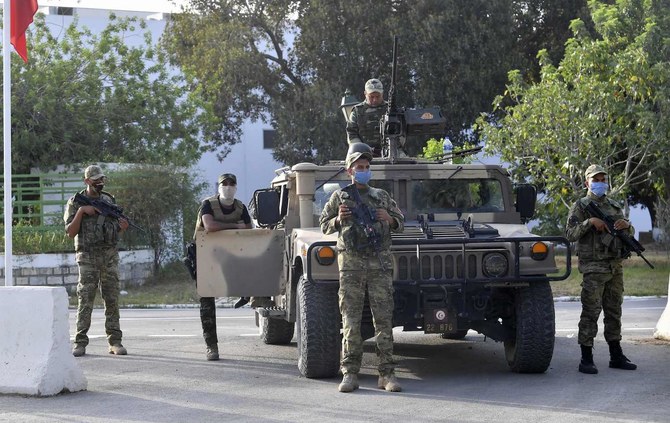
Tunisia lurched further into political uncertainty Wednesday, as President Kais Saied sacked more officials, days after he suspended parliament and assumed executive powers in what opponents labelled a “coup.”
Key civil society groups warned against any “illegitimate” extension of Saied’s 30-day suspension of parliament, and demanded in a joint statement a timeline for political action.
After suspending parliament and sacking Prime Minister Hichem Mechichi on Sunday, and firing the defense and justice ministers on Monday, Saied then ordered the dismissal of several top officials.
Late Tuesday, 63-year-old Saied, a former law lecturer who was a political newcomer when he won a landslide 2019 presidential election victory, issued decrees sacking a long list of senior government officials, including the army’s chief prosecutor.
He has also lifted the parliamentary immunity of lawmakers, and assumed judicial powers.
Saied say his actions are justified under the constitution, which allows the head of state to take unspecified exceptional measures in the event of an “imminent threat.”
On top of the political turmoil, the North African nation is beset by a crippling economic crisis including soaring inflation and high unemployment, as well as surging Covid-19 infections.
The moderate Islamist Ennahdha party, which was the largest faction in the coalition government, has labelled the power grab a “coup d’etat,” while the US, EU and other powers have voiced strong concern.
French Foreign Minister Jean-Yves Le Drian on Wednesday urged Tunisia to rapidly appoint a new prime minister and government.
Further ramping up tensions, the Tunisian prosecutor’s office announced on Wednesday the judiciary has opened an investigation into allegations that Ennahdha and two other political parties received illegal funding ahead of elections in 2019.
The financial arm of the judiciary opened the probe on July 14, focusing on “the foreign financing and acceptance of funds of unknown origin,” prosecution spokesman Mohsen Dali said.
Tunisians are waiting anxiously for clarity on the next political steps.
Saied, an austere law academic who has said he is determined to revolutionize the political system through the law, said he would assume executive power “with the help” of a government whose new chief he would appoint himself.
Names of possible candidates circulated Wednesday after Saied met with representatives of national organizations late Monday.
“President Saied will be very careful in choosing the future head of government, because he wants a trustworthy and loyal person who would adopt the same policies as him,” said political scientist Slaheddine Jourchi.
The young democracy had often been cited as the sole success story of the Arab Spring.
But, a decade on, many in the nation of 12 million people say they have seen little improvement in living standards, and have grown infuriated by protracted political deadlock with infighting among the elite.
The ousted government had also been criticized for its handling of the Covid pandemic. Tunisia has one of the world’s highest official per-capita death tolls.
“President Saied is faced with a great challenge: to show Tunisians and the world that he made the right decisions,” added Jourchi.
After violent clashes outside the army-blockaded parliament on Monday, the Ennahdha party said “organized thugs” were being used to “provoke bloodshed and chaos.”
On Tuesday Ennahdha said that, “for the sake of the democratic path,” it is “ready to go to early legislative and presidential elections” while demanding “that any delay is not used as a pretext to maintain an autocratic regime.”
Noureddine B’Hiri, a senior Ennahdha leader, said the party had “decided to campaign peacefully to defeat” the president’s plans.
But before any elections, “parliament should resume its activities and the military end its control,” B’Hiri told AFP.
In the 10 years since Tunisia’s popular revolution toppled dictator Zine El Abidine Ben Ali, Tunisia has had nine governments.
Some have lasted just months, hindering the reforms needed to revamp the country’s struggling economy and poor public services.
-AFP
 رئيس اللجنة التحضيرية للحركة السياسية لشعب الجنوب يهنئ بن شاجع بشهر رمضان
رئيس اللجنة التحضيرية للحركة السياسية لشعب الجنوب يهنئ بن شاجع بشهر رمضان
 أمين عام حزب العدالة والحرية يهنئ بن شاجع بحلول شهر رمضان
أمين عام حزب العدالة والحرية يهنئ بن شاجع بحلول شهر رمضان
 اليمن: شخصيات اجتماعية وسياسية تهنئ الشيخ بن شاجع بحلول شهر رمضان
اليمن: شخصيات اجتماعية وسياسية تهنئ الشيخ بن شاجع بحلول شهر رمضان
 تكتل قبائل بكيل يهنئ أبناء اليمن بحلول شهر رمضان ويدعو الجميع الاصطفاف لمواجهة التحديات
تكتل قبائل بكيل يهنئ أبناء اليمن بحلول شهر رمضان ويدعو الجميع الاصطفاف لمواجهة التحديات
 بن شاجع يدعو لمراجعة المواقف والتوحد أمام التحديات الكبيرة التي يواجهها اليمن
بن شاجع يدعو لمراجعة المواقف والتوحد أمام التحديات الكبيرة التي يواجهها اليمن
 محكمة سعودية تبرئ مستثمرًا يمنيًا قُتل تحت التعذيب بتهمة كيدية
محكمة سعودية تبرئ مستثمرًا يمنيًا قُتل تحت التعذيب بتهمة كيدية
 الأمم المتحدة: نقص المساعدات فاقم الوضع الإنساني المتردي في اليمن
الأمم المتحدة: نقص المساعدات فاقم الوضع الإنساني المتردي في اليمن
 مسلحون قبليون يفجرون خطاً لأنابيب النفط في مأرب احتجاجا على رفع أسعار الوقود بالمحافظة
مسلحون قبليون يفجرون خطاً لأنابيب النفط في مأرب احتجاجا على رفع أسعار الوقود بالمحافظة
 المبعوث الاممي يعلن موافقة الأطراف اليمنية على بنود خطة سلام دائم
المبعوث الاممي يعلن موافقة الأطراف اليمنية على بنود خطة سلام دائم
 مأرب: قتلى وجرحى بسبب رفع أسعار الوقود والقطاع القبلي مستمر
مأرب: قتلى وجرحى بسبب رفع أسعار الوقود والقطاع القبلي مستمر







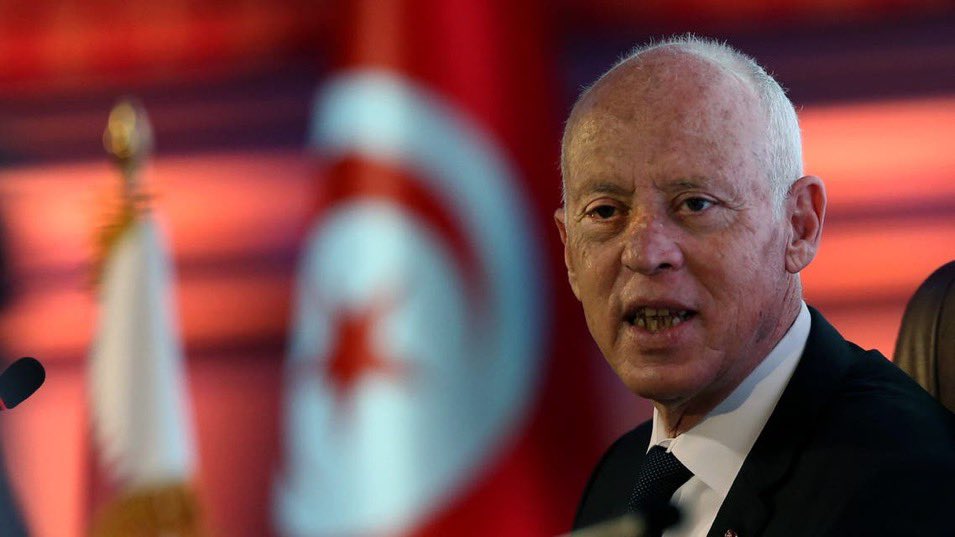

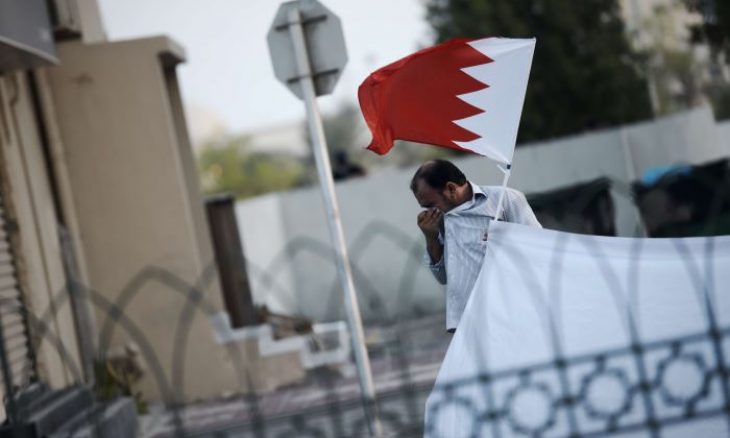
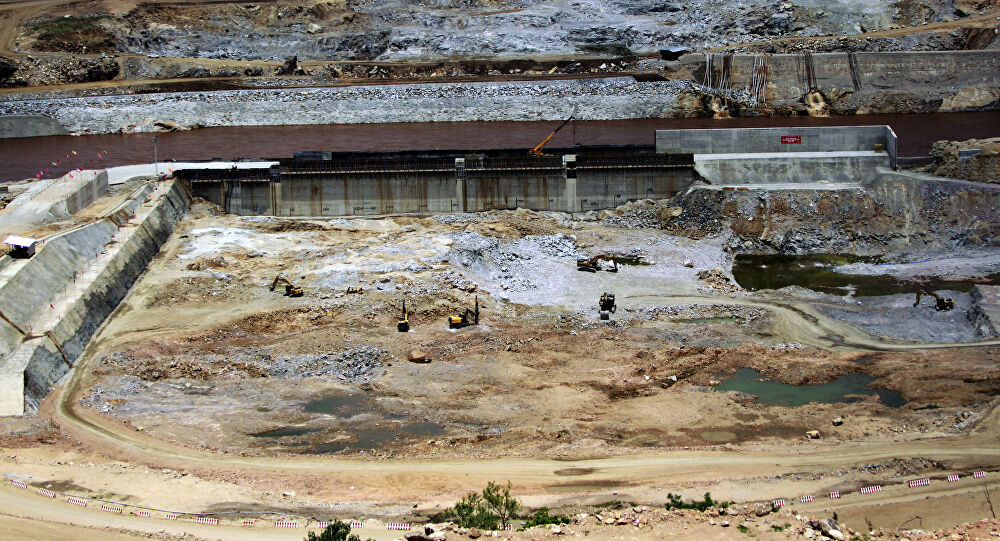
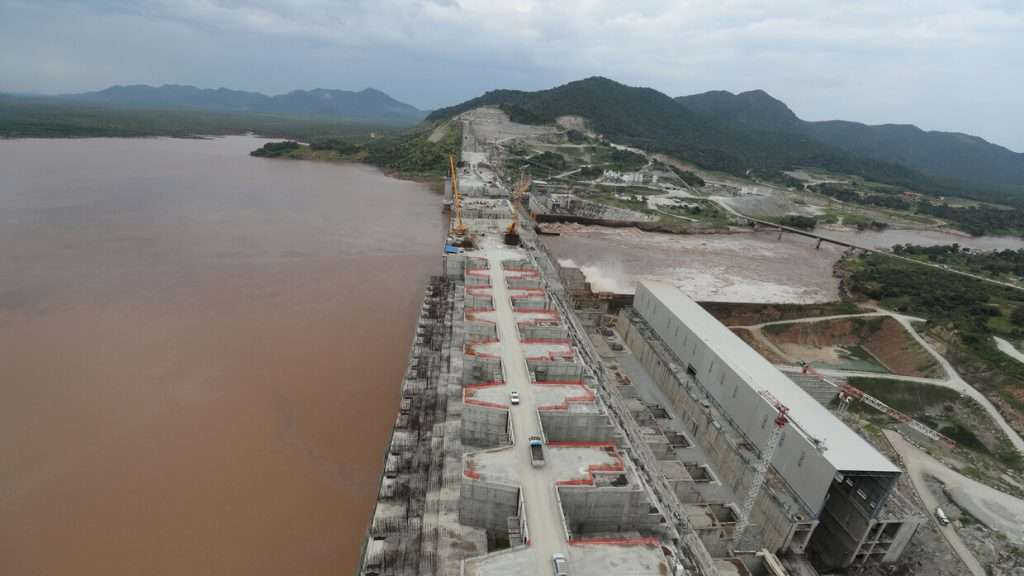
 فيسبوك
فيسبوك  تويتر
تويتر  يوتيوب
يوتيوب 
قيامك بالتسجيل وحجز اسم مستعار لك سيمكنكم من التالي:- الاحتفاظ بشخصيتكم الاعتبارية أو الحقيقية.
- منع الآخرين من انتحال شخصيتك في داخل الموقع
- إمكانية إضافة تعليقات طويلة تصل إلى 1,600 حرف
- إضافة صورتك الشخصية أو التعبيرية
- إضافة توقيعك الخاص على جميع مشاركاتك
- العديد من الخصائص والتفضيلات
إضغط هنا
إضغط هنا